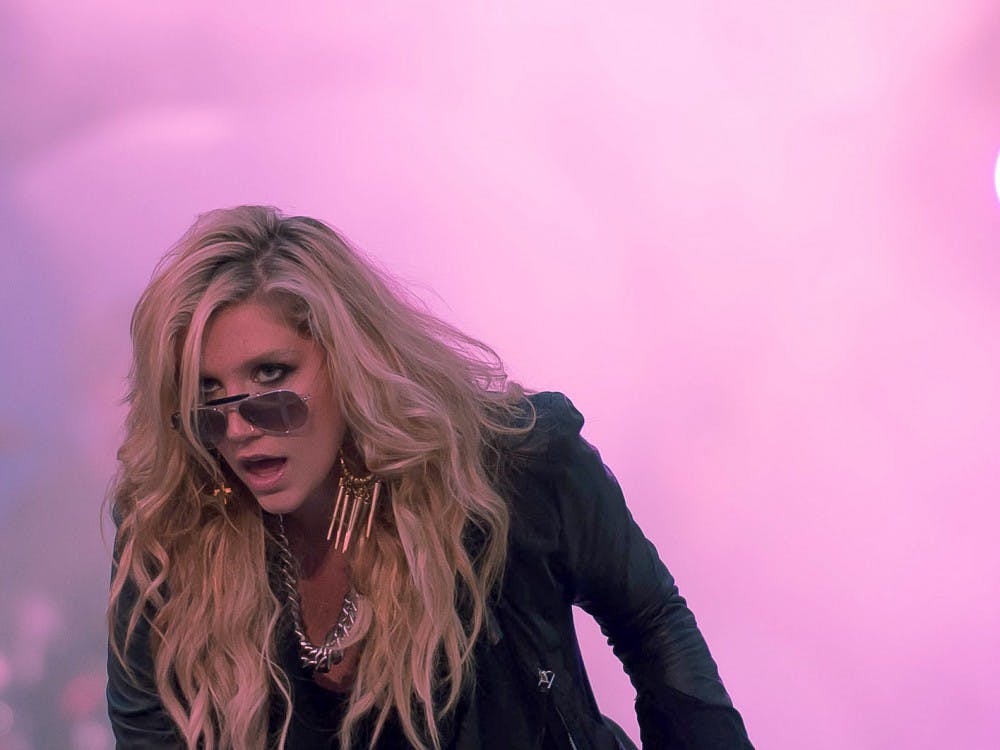Over the last few years, the #MeToo movement — an international movement against sexual assault and harassment, born out of the Harvey Weinstein exposé and the abuse of an Olympic team coach — has made an evident impact on the film industry, working to root out the most dangerous in this creative realm. Intertwined with this movement and other social media based causes, cancel culture has provided a means to limit and control the influence of sexual abusers and other forms of assault on human rights.
This shift has yet to make the same impact for the music industry. The recent news surrounding Kesha and Dr. Luke — in which multiple courts sided with Sony Music after Kesha filed a lawsuit to void contracts with her producer Dr. Luke, whom she alleges “sexually, physically, verbally and emotionally abused” her — indicates a trend in the music industry toward normalizing, or at the very least, accepting the abuses of power that victimize women.
Consequently, women in the industry have been standing up, whether it’s via their music or their positions in society as implicit political figures. Musicians like Lady Gaga, Beyoncé and Billie Eilish strengthen the feminist cause in their music, using lyrics and persona as a means to promote discourse and equality. Their music represents a progressive shift in gendered power dynamics (like those found in relationships), the female body and, ultimately, the industry.
One of the more recently-popular modern artists who fully embodies the message of feminism and body positivity is Lizzo. Raised in Detroit and later Houston, Lizzo promotes self-love through her own unique blends of R&B, soul and hip-hop. Her music centers on inclusivity above all, particularly targeting issues for female-identifying individuals. And her purpose was clearly well-received, as her third album, “Cuz I Love You,” reached the fourth slot on the Billboard 200 charts. This landmark in her career stands as a sign of hope for feminists.
Yet, this discourse is limited when the majority of the music industry is made up of men. According to recent statistics, the music industry is composed of 83.2% men and 16.8% women. Even in songwriting, the stats show similar results, with 87.7% songs being written by men and 12.3% written by women. This clear gender divide emphasizes several facts: Men need to contribute to feminist discourse in order to reach the music world in full force, and there needs to be a welcoming place for women to in this gendered industry. If even the words women sing are in some way controlled by men, namely with artists like Rihanna and Miley Cyrus, what men choose to say matters.
Historically speaking, lyrics in songs have not been kind to women, to say the least. Take the Police’s “Every Breath You Take,” which practically glamorizes stalkers, or the Beatles’ “Run for Your Life,” which makes light of violent abuse against women. Men have a certain power in the lyrics they write and the songs they sing, and that contributes to the treatment of women on a larger scale. Music, because of its repetitive nature, has the power to subconsciously press sexist ideologies into the impressionable brains of young men and women.
Recently, the country music scene has come under a lot more heat. A study on the past four decades of country music has shown a disturbing trend: Women in the lyrics to country hits have been increasingly depicted as the sexual object of pursuit for the ideal, normally white, male provider figure. The entire genre plays into the most dangerous forms of toxic masculinity.
Hip-hop and rap are particularly important genres of music because, as of 2017, they are the most listened-to genres and have the youngest — or, the most easily influenced — consumer demographics of all genres. Music is a tool in shaping cultural values and principles. If rap and hip-hop focus on women as objects, the culture can then accept that and build their own values around that. Having rappers like Tupac and Macklemore promoting feminist ideologies can alter what the music industry decides is acceptable and normalizes. Even the rich history of female rappers, like Nicki Minaj and Missy Elliot, send a powerful message of the increasing inclusivity of this genre.
Compared to the rest of the creative world, the music industry has a long way to go in achieving gender equality. Having influential female musicians will only push the industry so much. It requires the work of both men and women for the true feminist goals to be reached.
Get The Chronicle straight to your inbox
Signup for our weekly newsletter. Cancel at any time.

